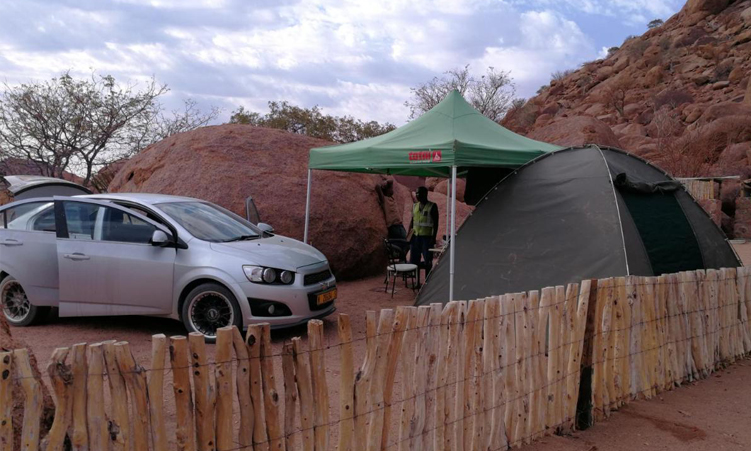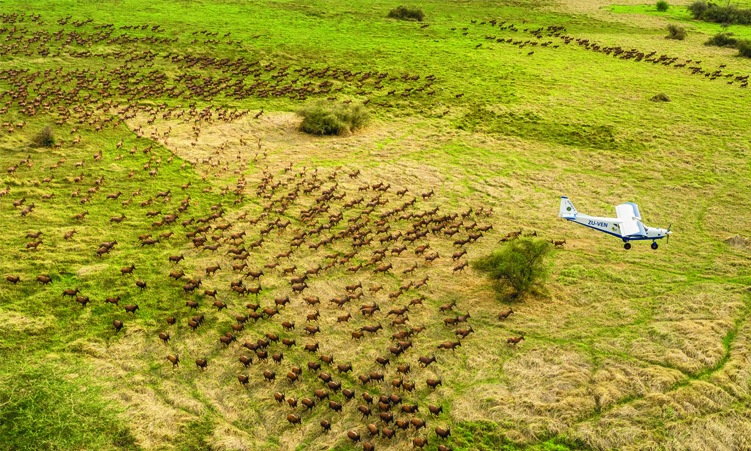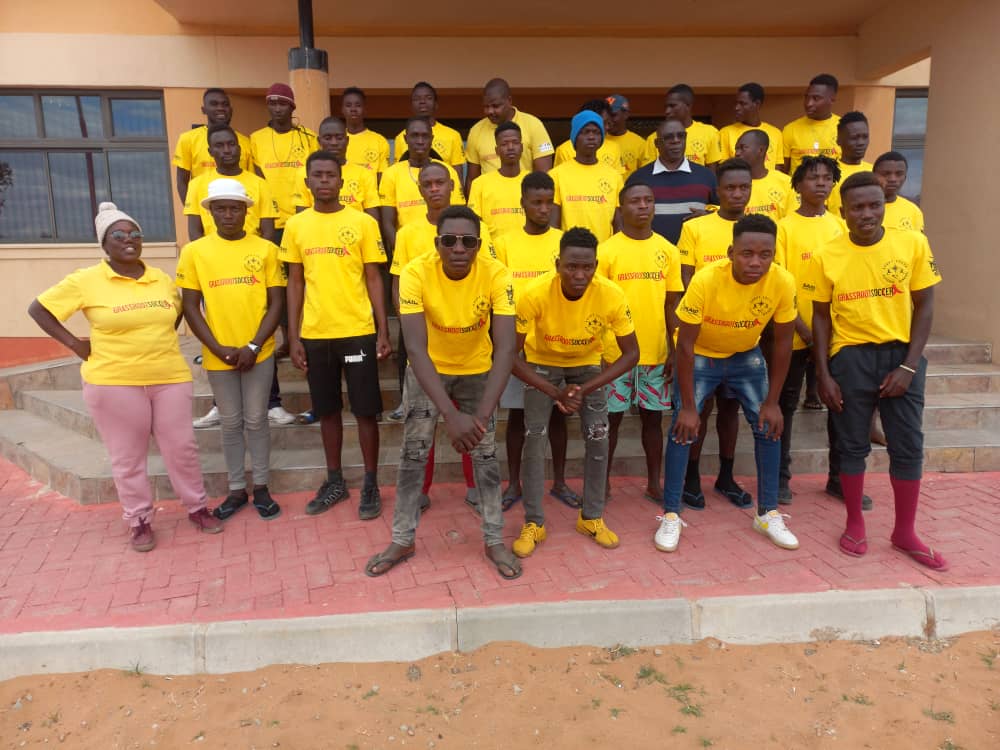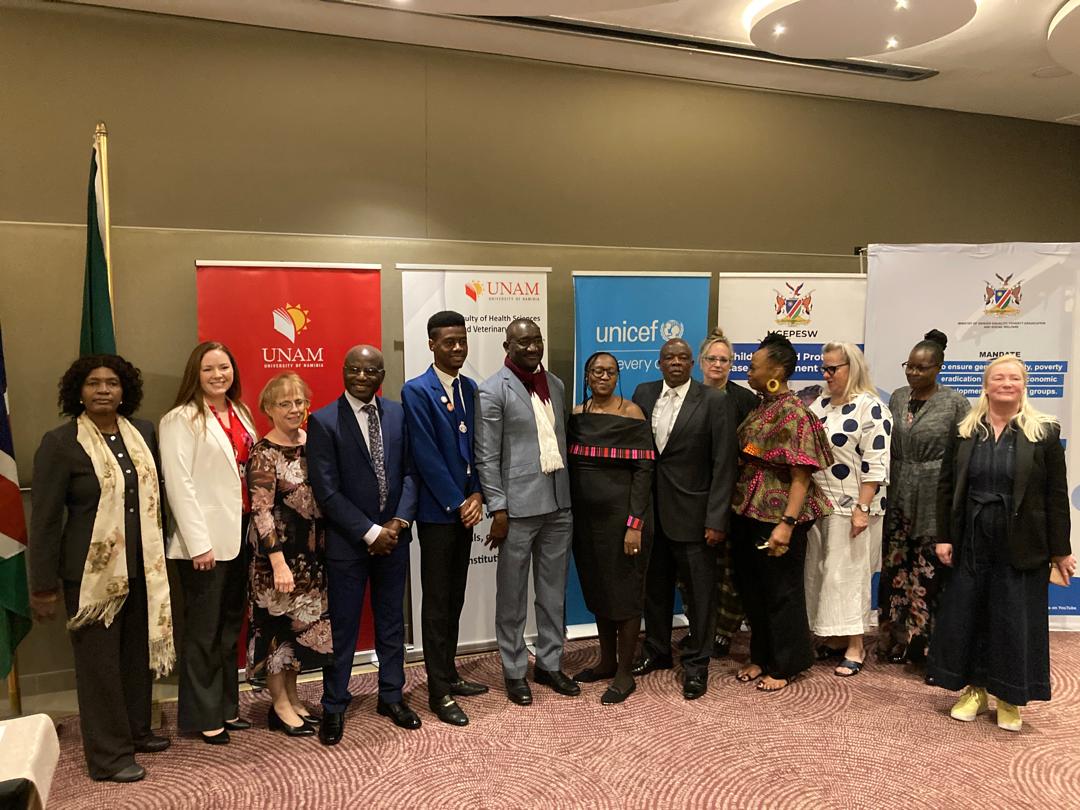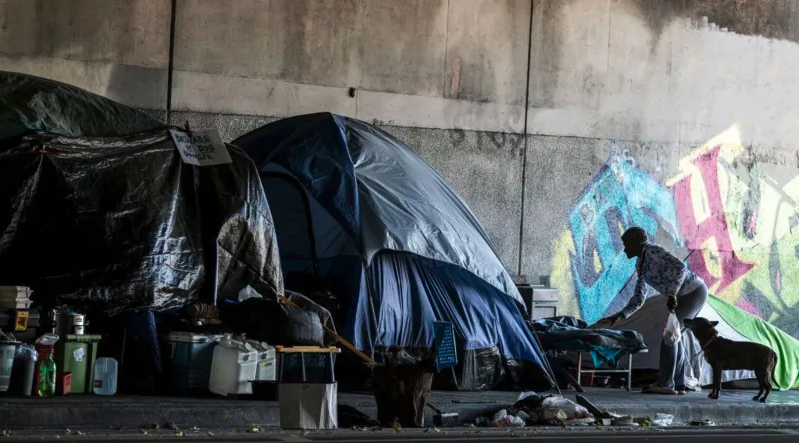Morewag Campsite and Safaris at Morewag village in the Kunene region is planning to create jobs for four people from the village who will be trained to make crafts.
Owner Dina Numubes says after receiving training, the four villagers will be allocated stalls at the campsite where they will make their crafts and sell them to tourists and other visitors.
She says Morewag Campsite and Safaris has created opportunities to provide employment for villagers, contributing to poverty eradication and improved livelihoods.
“We want to give back to the community. We will give them places to operate from and the money they make from selling crafts will be directly theirs,” says Namubes.
The four people to be employed include three women and one man.
Five stalls are currently being constructed, with one earmarked to be a storeroom for crafts.
Crafts to be produced include shoes made from animal skins, handbags, traditional bedding, traditional dresses, trousers and jewellery.
In an effort to cut costs, Namubes says she has two gardens at her home, where vegetables and eggs are derived for consumption at the campsite.
Having opened its doors to visitors in 2019, the campsite offers tented and non-tented camping accommodation with braai areas, private bathrooms and toilet facilities, as well as breakfast, lunch and dinner.
Key activities offered by the campsite include game drives, traditional performances, horse riding and donkey cart rides, rock paintings, sunrise, sunset and star viewing, hiking trails, photography, as well as rhino and elephant tracing.
She says some of the challenges they face are competition from other campsites in the area, strong morning winds and poor road infrastructure to the campsite.
Morewag Campsite and Safaris is one of the eco-enterprises funded by the Biodiversity Economy Project.
Last week, a group of journalists from different media houses visited the campsite to see what they have achieved thus far, the challenges they face and to hear their plans for the future.
The project provided money to buy a new solar powered pump at an old existing borehole, which supplies water to both the campsite and the community, funds to buy building materials for the Arts and Craft Shop (at the campsite), training for the staff, as well as road signs to the campsite.
The Biodiversity Economy Project aims to develop biodiversity economies in four selected landscapes and to promote the benefits of inhabitants from the vibrant and sustainable use of biodiversity.
The four chosen landscapes are Etosha West and South, Brandberg/Geopark, Waterberg and Ombonde People’s Park.
Stay informed with The Namibian – your source for credible journalism. Get in-depth reporting and opinions for
only N$85 a month. Invest in journalism, invest in democracy –
Subscribe Now!


